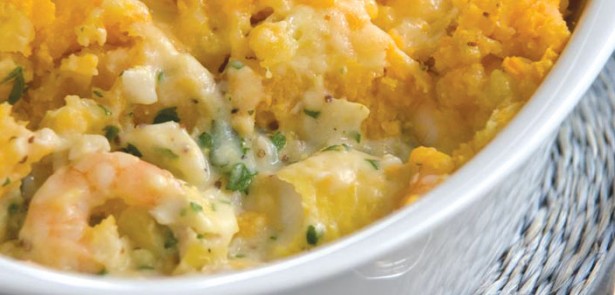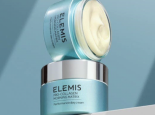Friendly Fish

Eating fish on a regular basis may help protect your body from a range of illnesses. Fish is a great source of protein, packed with vitamins, minerals and, in the case of oily fish, a major source of omega-3 fatty acids, that may help protect against a range of diseases from cancer to heart disease.
So why do we not eat more? Many of us may have memories of school meals that included over-cooked, boney fish, and this was enough to put you off for life!
But since those days we now have more variety to choose from, and hopefully have learnt how to cook fish to get the best from it. And it doesn’t have to be complicated. Some of the best fish recipes are the simplest – once you have a good ingredient you don’t need to do much to it to produce a great meal.
Aim to include fish in your diet at least two or three times a week.
Oily fish, such as mackerel, sardines, herring and salmon all contain Omega-3 fatty acids, a type of polyunsaturated fat, which may help to reduce total blood cholesterol. Omega-3 in the diet may reduce the risk of heart disease and cancer and is also known to be beneficial for the brain as well as acting as an anti-inflammatory.
Seafood (prawns, scallops, mussels etc) contains an abundance of essential minerals that are also required for optimum health – iron, iodine, selenium and zinc. Oysters have a reputation for acting as an aphrodisiac due to their high zinc content!
Buying fish that is eco-friendly is also important and this can be done simply by talking to your fishmonger or reading the labels from any fish you buy in a supermarket. Check whether the fish is wild-caught or farm-raised, and which country it is from. If it is wild how was it caught – trawl nets or hook and line? Check for yourself if the populations of certain fish are healthy and abundant and, if not, is there an eco-friendly alternative you could try? More than 50 species of fish are regularly caught in British and Irish waters, so don’t limit your choices – buy new fish! If you need more information on these questions take look on the internet where you will find websites dedicated to helping us eat sustainable fish.
And if you want to encourage your children to eat fish, teach them to make their own fish fingers by simply dipping strips of fish into flour, beaten egg then breadcrumbs and frying them in olive oil – delicious and fun!
Joy Skipper is a Nutrition Consultant, based in West London.















